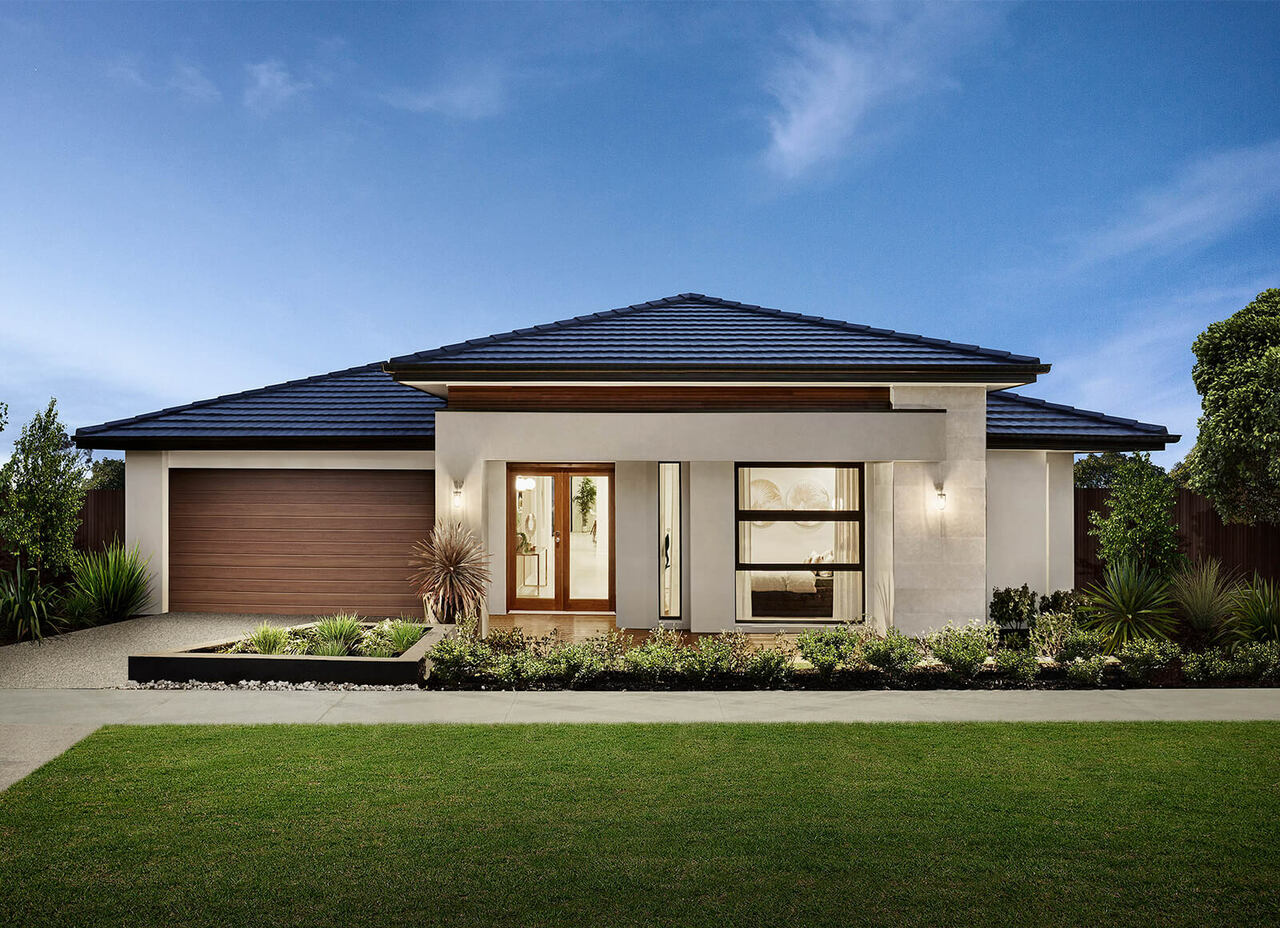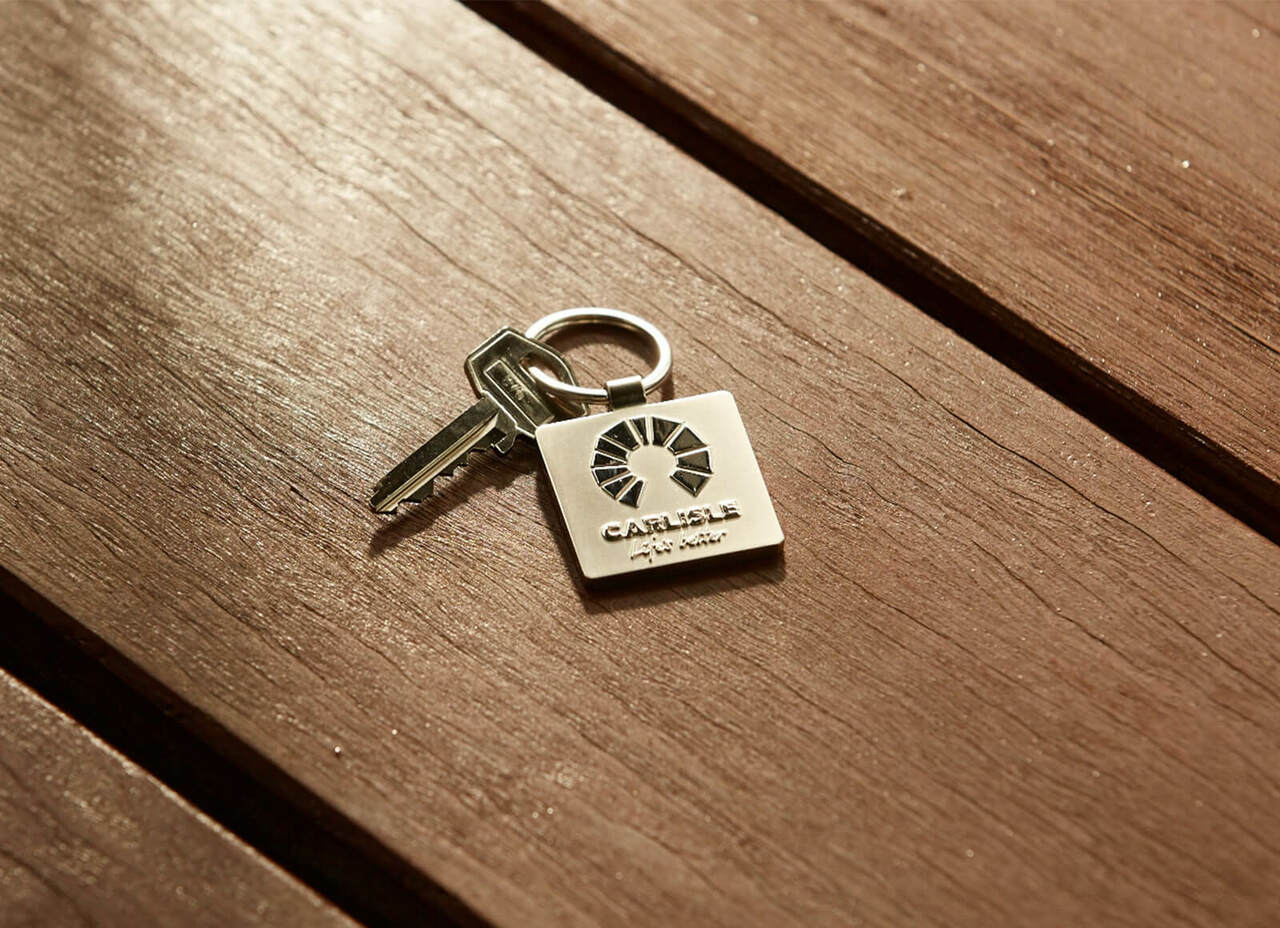Is Buying Cheaper Than Renting?

To rent or to buy - Is there really a cheaper option? Here’s everything you need to know.
A recent report from realestate.com.au suggests that it’s cheaper to buy than to rent more than half of all properties in Australia.
Certainly, with fixed loan interest rates available at 2.0% or below, and no real change expected until 2024, mortgage repayments are often lower than the rent you would pay for the equivalent property.
But is that the only thing that should go into the calculation? No.
Costs of home ownership
Home owning comes with additional costs as compared to renting. These include:
- Council rates
- Strata fees if you buy a strata title property
- Repairs and maintenance
- Water and sewage costs
Buying (or building) a house also comes with additional upfront costs. If you’re not a first home buyer, you’ll be paying stamp duty. You’ll also need to budget for conveyancing costs, loan application fees and (for an established home) building and pest inspections.
If you rent, you have to take into account the upfront bond of four weeks’ rent.
Once you take the additional costs of home ownership into account, it does cost more upfront to buy rather than rent. However, even modest price growth can offset that extra money.
Use our Rent Affordability Calculator to determine your monthly rent budget based on your cost of living.

As rent prices continue to rise, buying a property could actually save you money long term, making it the smarter choice. Once you’ve locked in your mortgage, the repayments will stay the same and you’ll build equity as your home increases in value.
Case study
Here’s an example.
A home in Wollert with a median sale price of $510,000 will cost a first home buyer:
- $1,776 in mortgage repayments (monthly)
- $550 (approx) in council rates, repairs and maintenance
Total: $2326/month.
The median rent on the same property is $390/week.
Total: $1560/month.
So renting is cheaper, right? Not necessarily.
In the first few years, buying is always more expensive. However, if you lock in a fixed home loan, your mortgage repayments will stay the same. If you rent, the rental price will go up.
If you own the home, you will also be building equity as the home increases in value.
Realestate.com.au analysis indicates that buying a house in Wollert will save you $266 per month over the next 10 years, as relative to renting. It’s safe to assume that the difference only widens from there as rental prices rise.

When you take the plunge and buy a house or block of land, you can make cost effective modifications that will save you in the long run. And, when you build a new home with Carlisle you can customise your space as you please, enjoying the latest in technology and quality materials.
Additional ways to save
The calculation takes into account home owner costs, rental payments and a modest (3%) return on capital growth. However, there are even more reasons why buying is cheaper than renting in the long term.
You can make modifications to the home that allow you to save on running costs. Home owners can add solar panels, invest in double glazing, or lay flooring that insulates against drafts. If they’re building a new house, they’ll also enjoy new, and therefore energy-efficient, appliances which save on running costs. Renters are rarely able to take advantage of the same benefits, since it would mean extra outlay by landlords.
Where buying is cheaper than renting
The analysis indicates that buying is cheaper then renting a huge 56.8% of all Australian dwellings. Generally speaking, it is more likely to be cheaper to buy in regional areas and the outer suburbs of capital cities. Renting is cheaper in the inner cities, especially in Sydney and Melbourne. In Victoria, Carlisle Homes builds in three suburbs where it’s the cheapest to buy (relative to renting):
- Rockbank
- Mickleham
- Wollert
Learn more about where we build here
The cheapest to rent (relative to buying) are inner city prestige suburbs such as:
- Toorak
- East Melbourne
- Main Ridge
- Red Hill South
- Deepdene

If you’re thinking about entering the property market, Carlisle is here to help! We work with trusted land developers to offer a fixed price house and land package so you can budget with confidence - no nasty surprises or hidden costs!
Of course, saving a deposit is still the biggest hurdle for first home buyers. This analysis presumes that you have been able to come up with 20% of the purchase price, which may not be possible for all buyers.
However, if you do have the savings, or you can take advantage of government incentives or parental help, this may still be your best opportunity to secure your own place for the future. Discover ten budgeting tips and tricks here.
Because Carlisle understands that you need to budget with confidence, we work with trusted land developers to offer a fixed price house and land package for all first home buyers. No hidden extras, no additional costs. You’ll know exactly how much you need to budget, with no nasty shocks at the end.
If you’re in the market to buy, or just want to get some more information about applying for a home loan, go to the Financial Services section of our website or speak to one of our friendly loan specialists on 1300 328 045.
